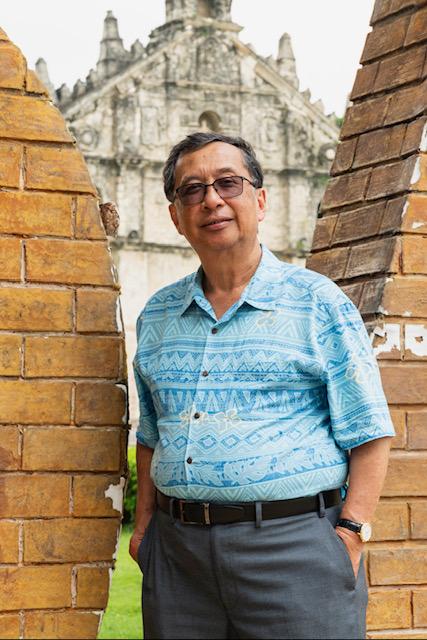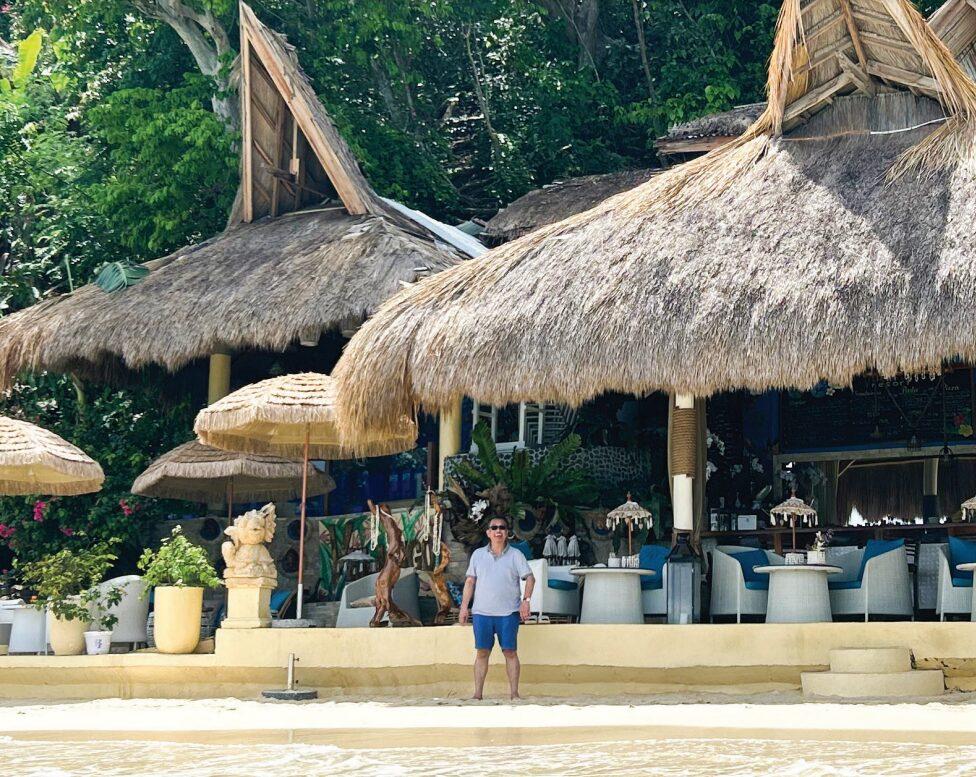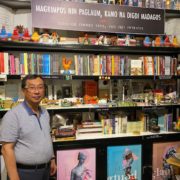A few weeks ago, I asked my son if he would join one of my meetings. Initially, he didn’t ask me what company, who the meeting was with, or what the meeting was about. Rather, he asked me where the meeting was and at what time. In turn, I asked him why? He told me that he has many things to do and can’t waste any time because in the Philippines, where and what time the meeting is matters because not only is there car traffic, but you also have to consider the people traffic as well—especially if you need to use the elevator. He told me that for many of the commercial buildings, there are typically long lines to ride the elevator and also lines to check-in at reception or security. And if your meeting is right before or after the lunch hour, waiting to use the elevator can be in his terms, “excruciatingly long and a waste of time.”
An economist once told me that on average, Filipinos living in Metro-Manila will have spent a combined total of 3 years of their life stuck in traffic and that the Philippines loses over PHP 2 Billion in GDP each day because of it. Because of these conversations, I began thinking about the concept of time and how we spend it.
All of us, I’m sure, are familiar with the stereotype about Filipinos—that we have a tendency to not be on time and run late, hence the moniker—filipino time. But this is not just our culture—it is everyone—everyone runs late. Life is unpredictable and things beyond our control do happen. Whether we are rushing to work, set our alarms to wake up, go to sleep at a certain hour, or start noticing wrinkles or a little less hair on our heads—we are all controlled by time in one way or another. We can’t stop time from ticking, the only thing we can do is decide how we spend it.
Some of us are fortunate to be able to spend money, however, those same people are often times the ones who can’t spend time because they have to work—is this how life should be spent? Spending more time at work than with our loved ones? Possibly for some of you, living in a country where you wish you didn’t have to live—an ocean apart, separated from your family and friends—is that how we should spend our time? Do some of you spend more time with your colleagues than with your own family? Do your children spend more time with their teachers than with you? Yet, what choice do we have? Especially if there are no opportunities available otherwise—we have to earn a living and things are never simple.
Among the hundreds of brilliant things said by Steve Jobs, two favorite quotes come to mind about life and time. “We don’t get a chance to do that many things, and every one should be really excellent. Because this is our life. Life is brief, and then you die, you know? And we’ve all chosen to do this with our lives. So it better be damn good. It better be worth it.” My other favorite quote is, “If today were the last day of my life, would I want to do what I am about to do today? And whenever the answer has been no for too many days in a row, I know I need to change something.” In Tagalog, us Filipinos have a saying about describing a difficult life, ganyan talaga ang buhay—that’s life. To me, this tagline is profound, but unacceptable. And I hope you feel the same way too. That is why we are constantly encouraging you to come home, shop, travel, and invest in our homeland—create jobs and opportunities for our countrymen and women because the country needs it.
When we first launched Balikbayan Magazine back in 2009, it was about rejuvenating and reconnecting balikbayans with the love for the Philippines. 49 issues later, the words “Love of Country” remain at the very essence of all our publications—and over time, that is one absolute that will never change. With each issue, we’ve witnessed and recorded how the country has rapidly progressed over these years. It takes time and we’ll surely get there. But let’s all just take a moment to stop, live, and enjoy. Instead of always being in a hurry to accomplish or finish something, enjoy the process, stay in the moment, and spend time—even if we have many things to do.






